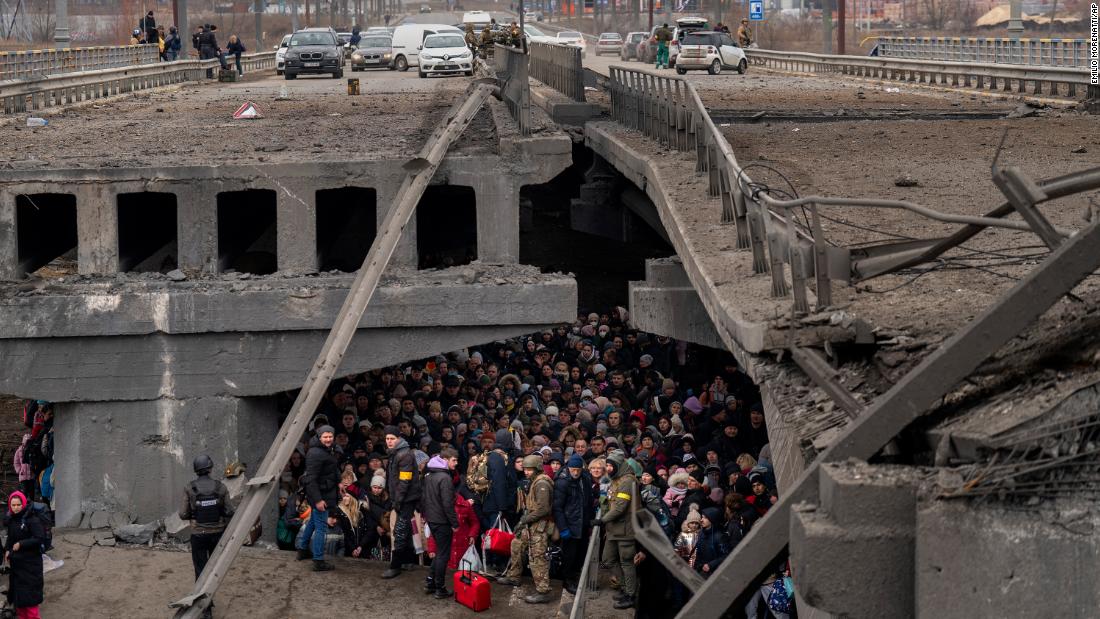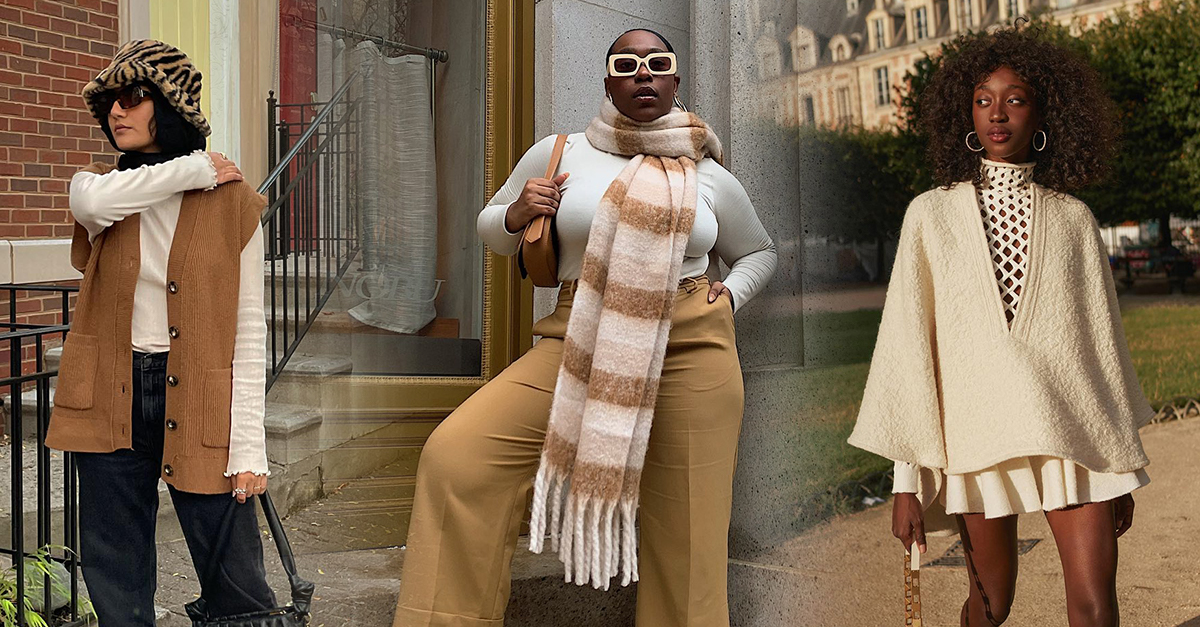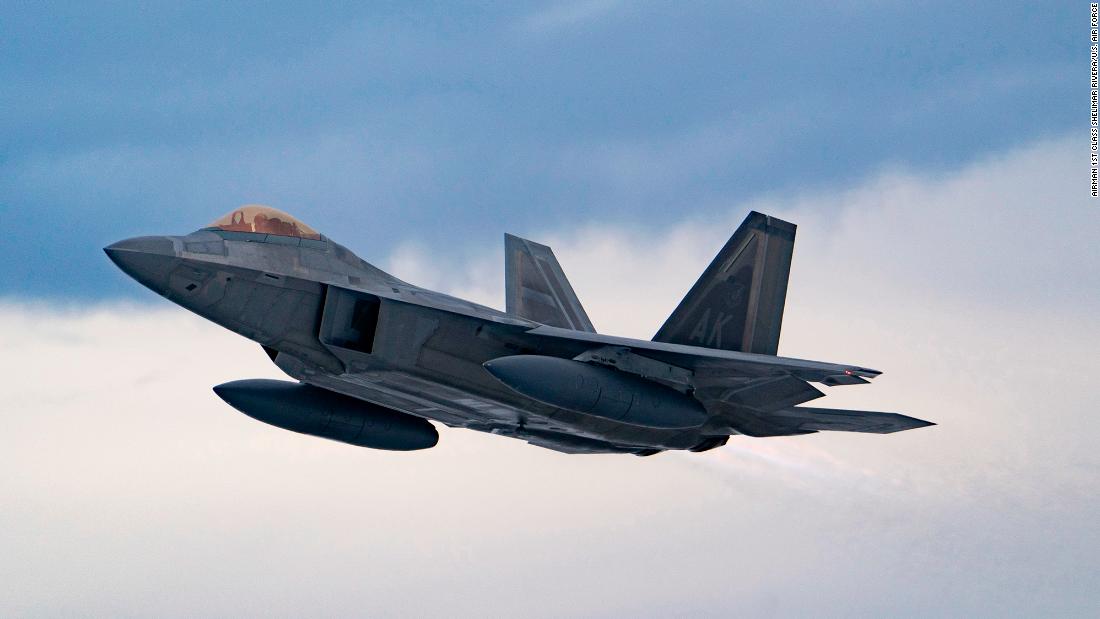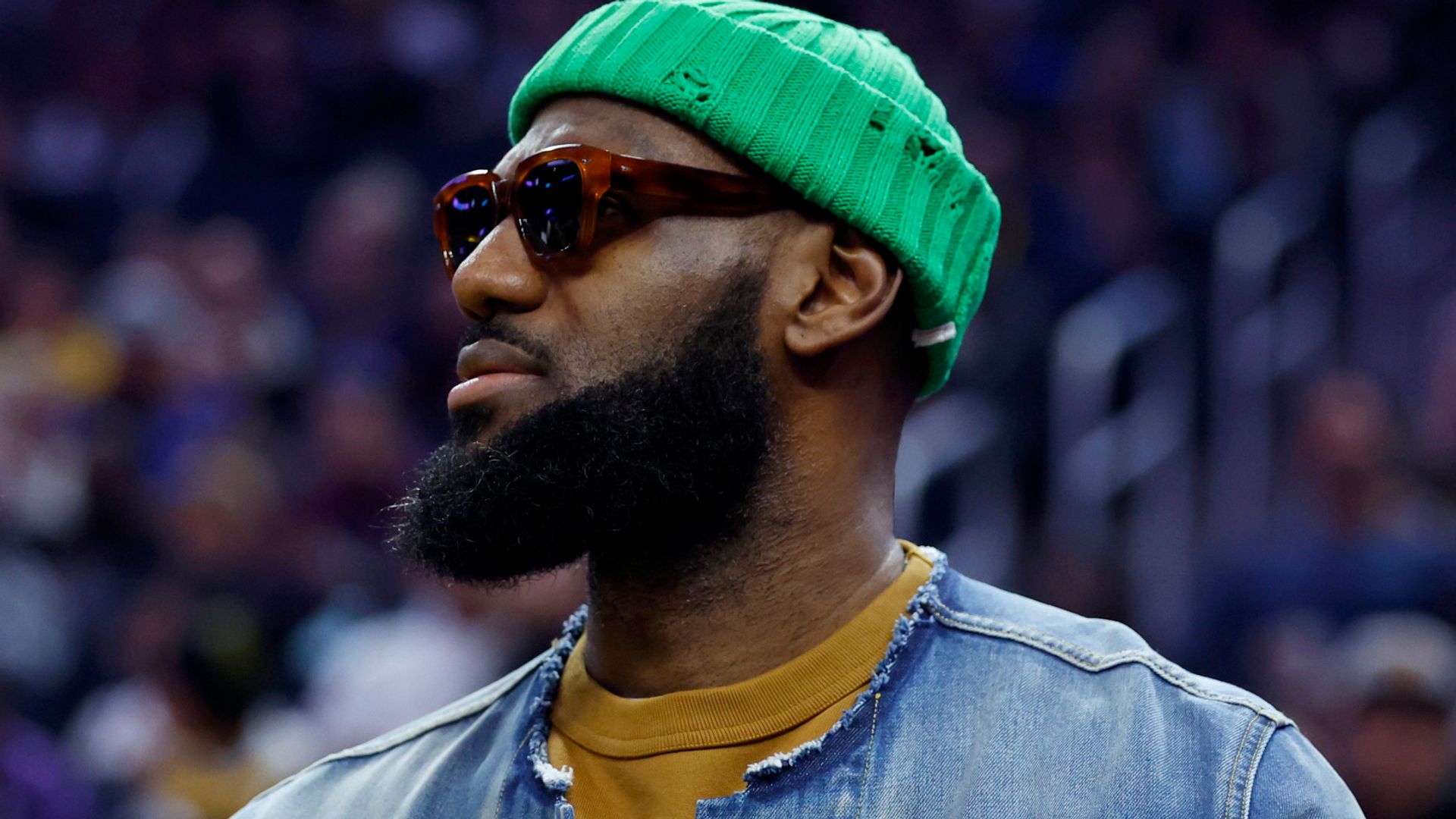Constitutionality of Miranda Rights Up for Debate in the Supreme Court
A Supreme Court argument considering whether police officers may be sued for failing to administer Miranda warnings has called into question whether the original Miranda decision established a constitutional right or something less concrete,

A Supreme Court argument considering whether police officers may be sued for failing to administer Miranda warnings, arising from a civil rights case brought by Terence B. Tekoh, a hospital attendant who was accused of sexually abusing an immobilized patient and questioned without being read said rights, has called into question whether the original Miranda decision established a constitutional right or something less concrete, reports the New York Times.
The case, Vega v. Tekoh, was complicated by factual disputes over whether Tekoh had been in the sort of custody that required a warning or had been subject to coercion. The justices considered whether Tekoh could sue over violations of constitutional rights even if he could prove his version of events. The debate was largely settled in Dickerson v. United States, in which Chief Justice William H. Rehnquist wrote for the majority that the warnings had “become embedded in routine police practice” and had “become part of the national culture.” Since the Miranda decision had “announced a constitutional rule,” he wrote, a statute that sought to overrule it was itself unconstitutional. However, a lawyer for Carlos Vega, the deputy sheriff in Los Angeles who questioned Tekoh, said a constitutional rule is different from a constitutional right.

 Landwebs
Landwebs 





















